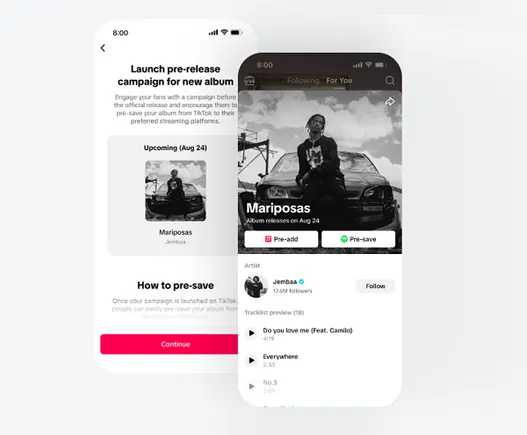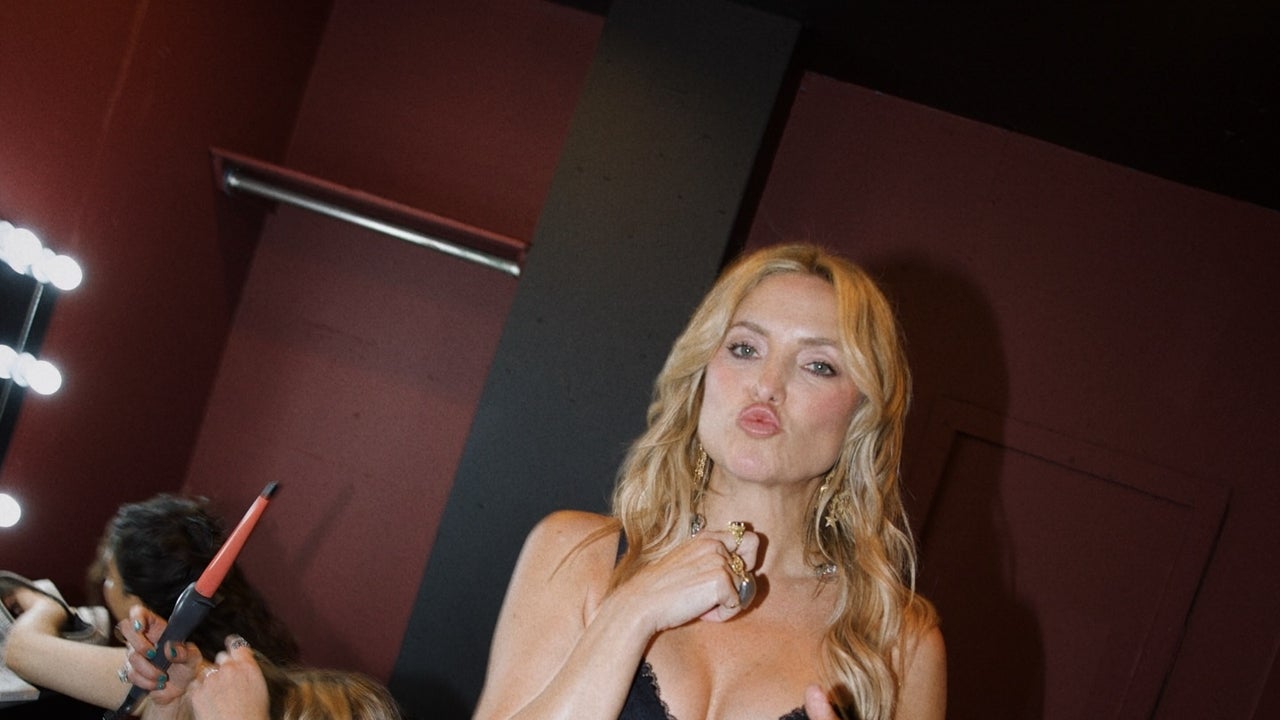TikTok Myth of the Week: 'Oatzempic' Is a Weight Loss Hack
It’s just watered-down oatmeal, folks.


Credit: TikTok
There’s a new Ozempic dupe taking over TikTok, and this time it’s not the supplement berberine—it’s a drink you can make at home. With oats and water. Isn’t that called oatmeal? No, the proper hashtag is #oatzempic.
Look, I’m not the first person to write about this in a non-TikTok outlet, so an important note on how these things go viral. Sometimes, a TikTok myth is genuinely believed (or presented as true) by creators on the app, and then people like me step in to bust the myth. Other times, the TikTokers are just goofing around, and mainstream media misunderstands and freaks out. This time? Eh, a little of both.
Why oat smoothies are being billed as a weight loss hack
TikTok is full of weight loss “hacks” of dubious merit and effectiveness. Bland statements like “eat slightly less food than usual” don’t go viral. What does? Faux concerns about gut health or hormones tend to do well. So does anything where you can make a certain recipe or follow a certain routine; your followers will post diaries (“day 1 of…”) and before-and-after results. Whether the hack turns out to work or not, you’ll get plenty of engagement in the process.
Oatzempic harnesses that simple recipe phenomenon, combined with the fact that anything that mentions “ozempic” is bound for virality. “I am going on vacation in mid-April, so I am looking to lose a couple of pounds,” says the narrator in a Zals Boutique video that shows the process of making the smoothie. “So many people are losing weight on this drink, which is what I am looking for.”
Another video starts with the words “Lose 40 pounds with the oatzempic drink in two months” and then immediately follows that with “We have made it to day eight.” It’s fascinating to study: a grassroots, hard-sell marketing campaign with no real product. Because, of course, it’s nothing but watered-down oatmeal.
What is in the “oatzempic” smoothie?
As dozens of videos have told me, the recipe is:
1 cup of water
½ cup oats
Juice of half a lime
Some videos say you’re supposed to drink this on an empty stomach first thing every morning. Some say you should also drink it before bed.
Half a cup of oats contains 154 calories, which includes 27 grams of carbs, 5 grams of protein, and 3 grams of fat. Water contains zero calories. The juice of half a lime contributes 6 calories.
The narrator from the Zals Boutique video says that she “was full for hours. It literally cur[b]ed my appetite almost all day.” This is a 160-calorie drink. If you don’t eat much food because you are “full” from eating 160 calories, you’ll end up on an unhealthily low-calorie diet. As a reminder, a 126-pound woman (to choose one of the examples from the U.S. dietary guidelines) burns between 1,600 and 2,400 calories per day, depending on activity level.
Or to put it another way: “Oatzempic” is a recommendation to drink 160 calories (10% or less of your daily calorie needs) in place of one or several of your meals for the day. That’s unhealthy for both your body and your mind. Drink watered-down oatmeal if you like, but don’t pretend it’s a diet plan.

 Tekef
Tekef 



































